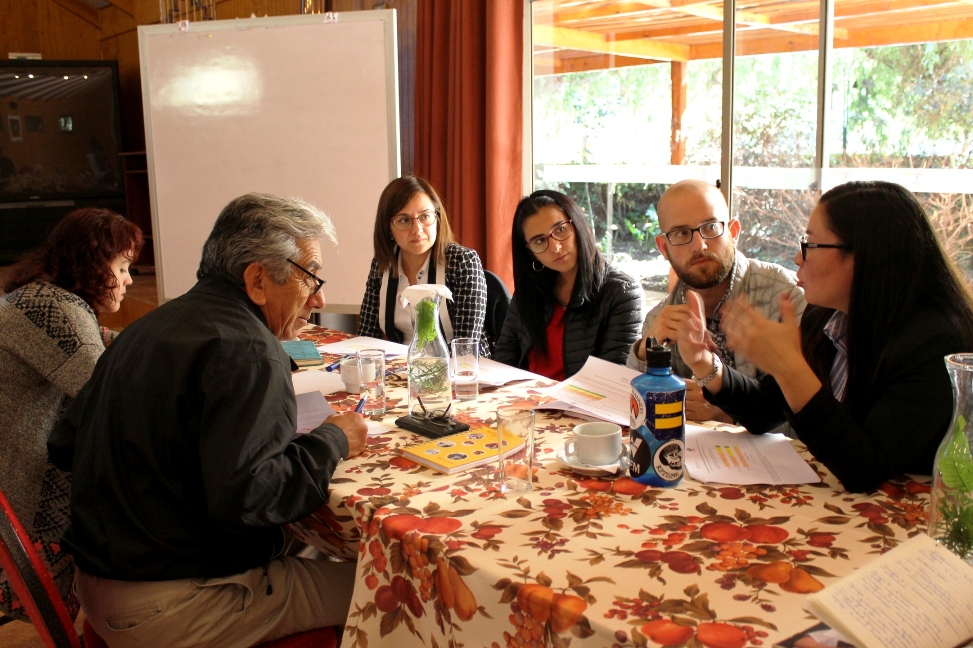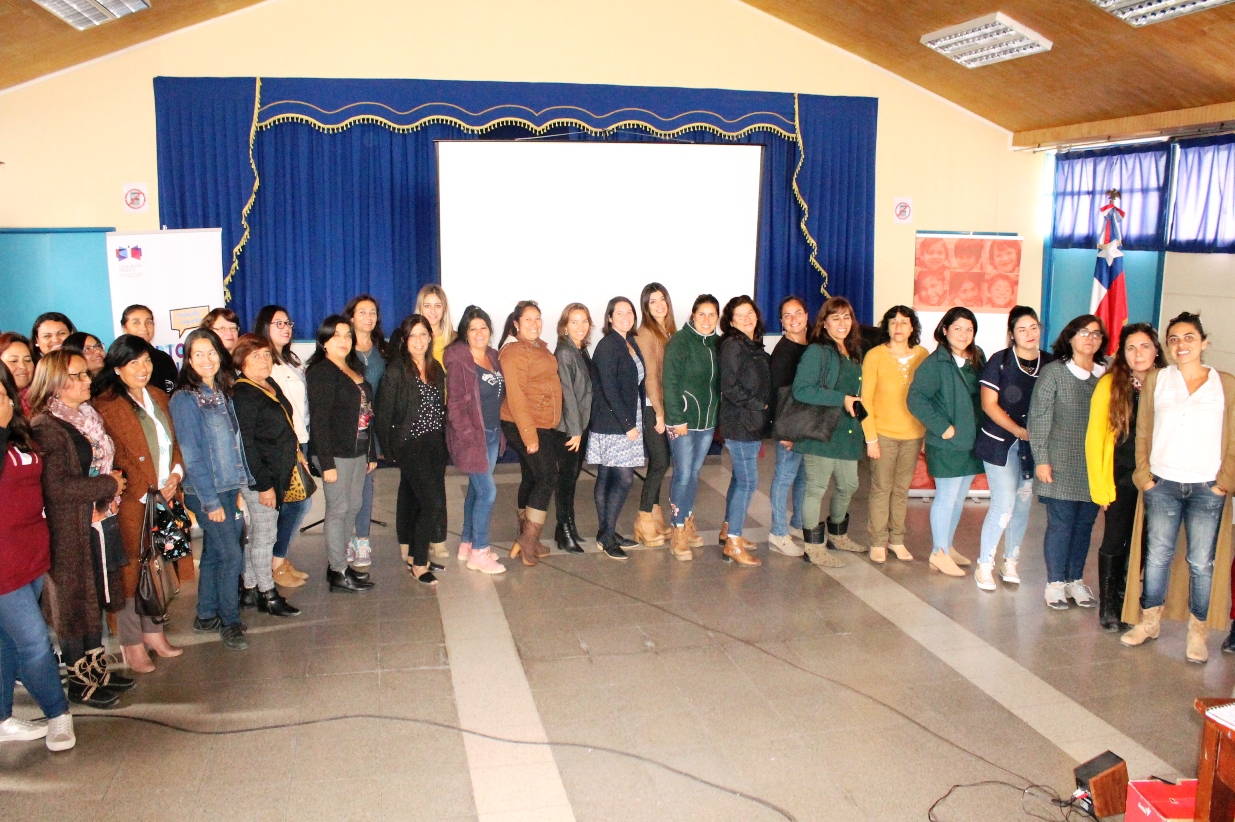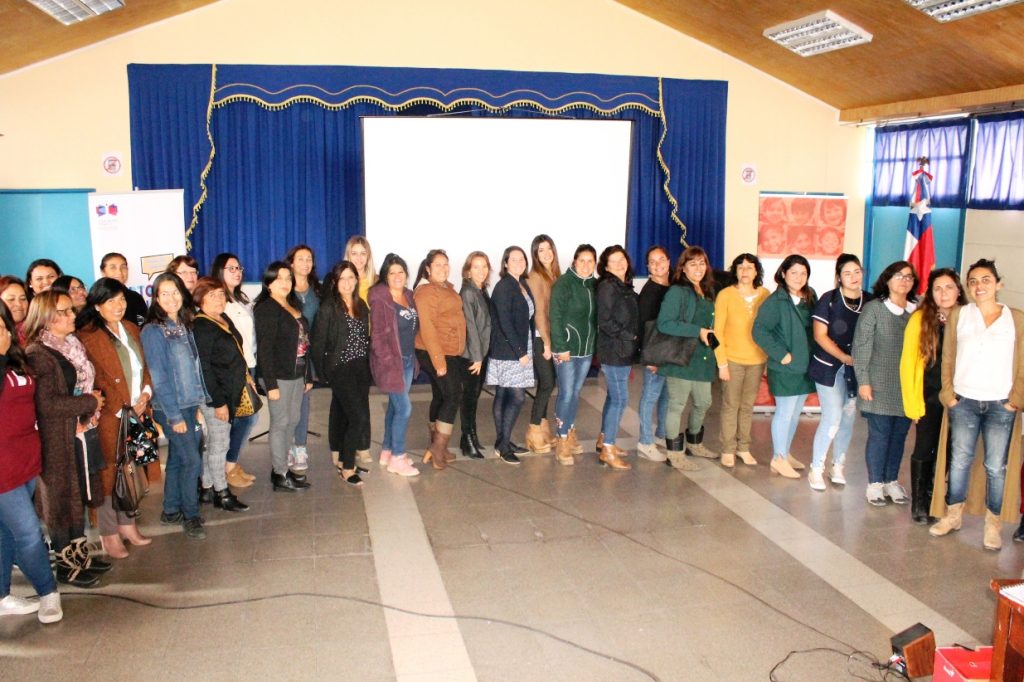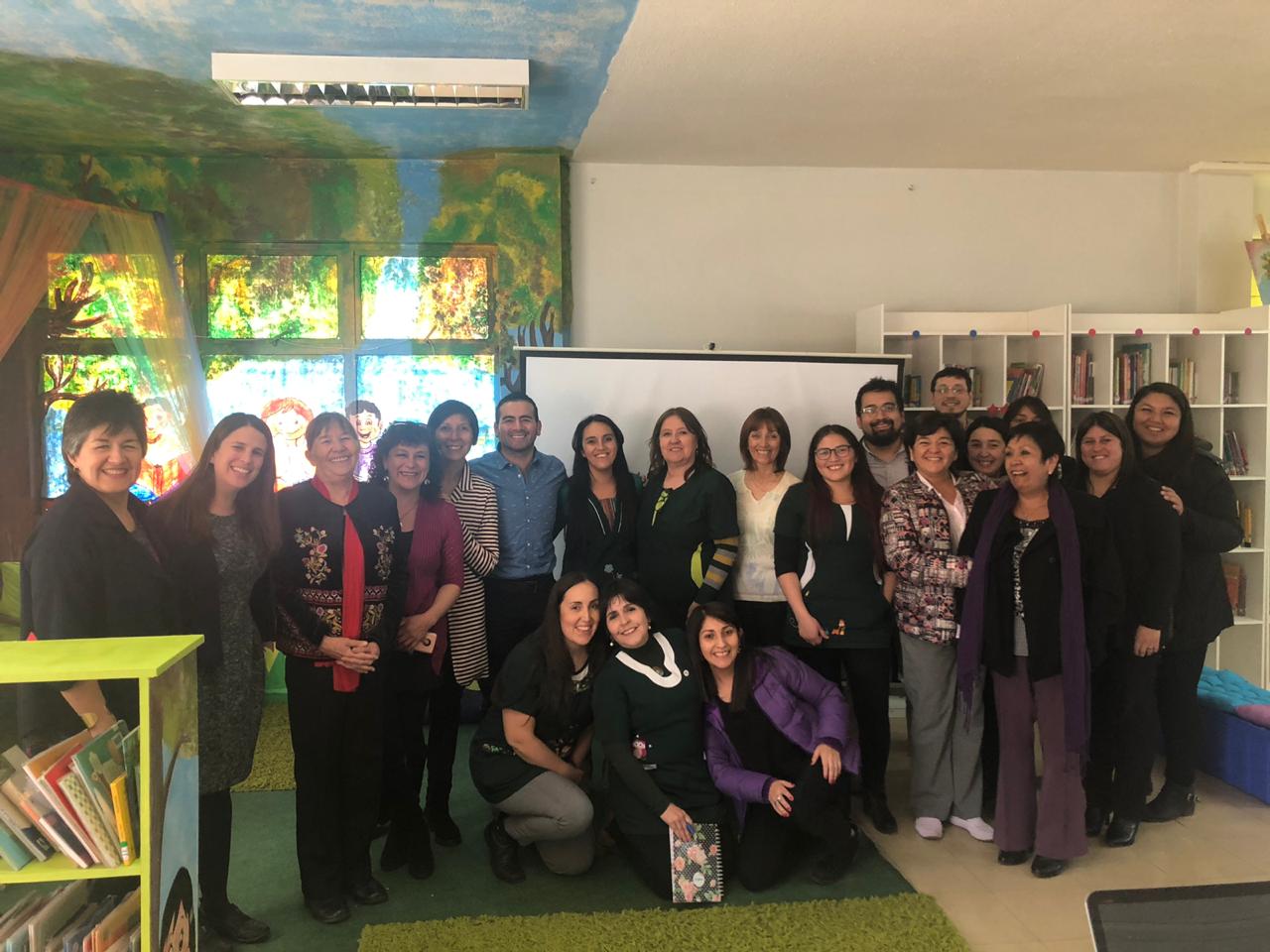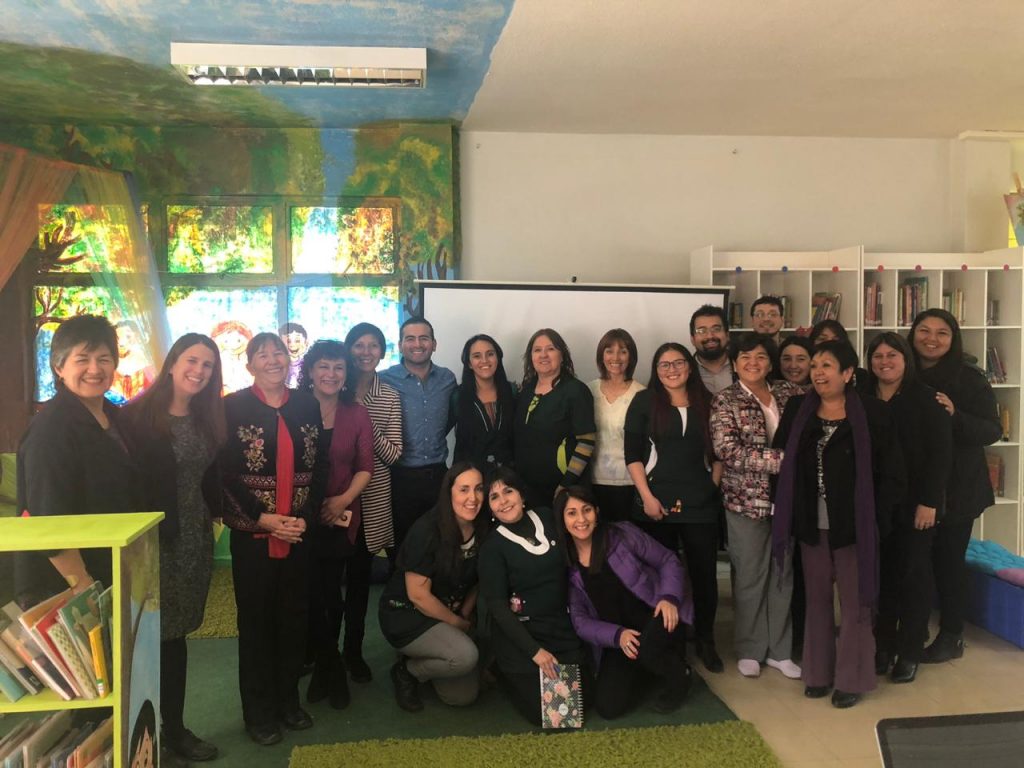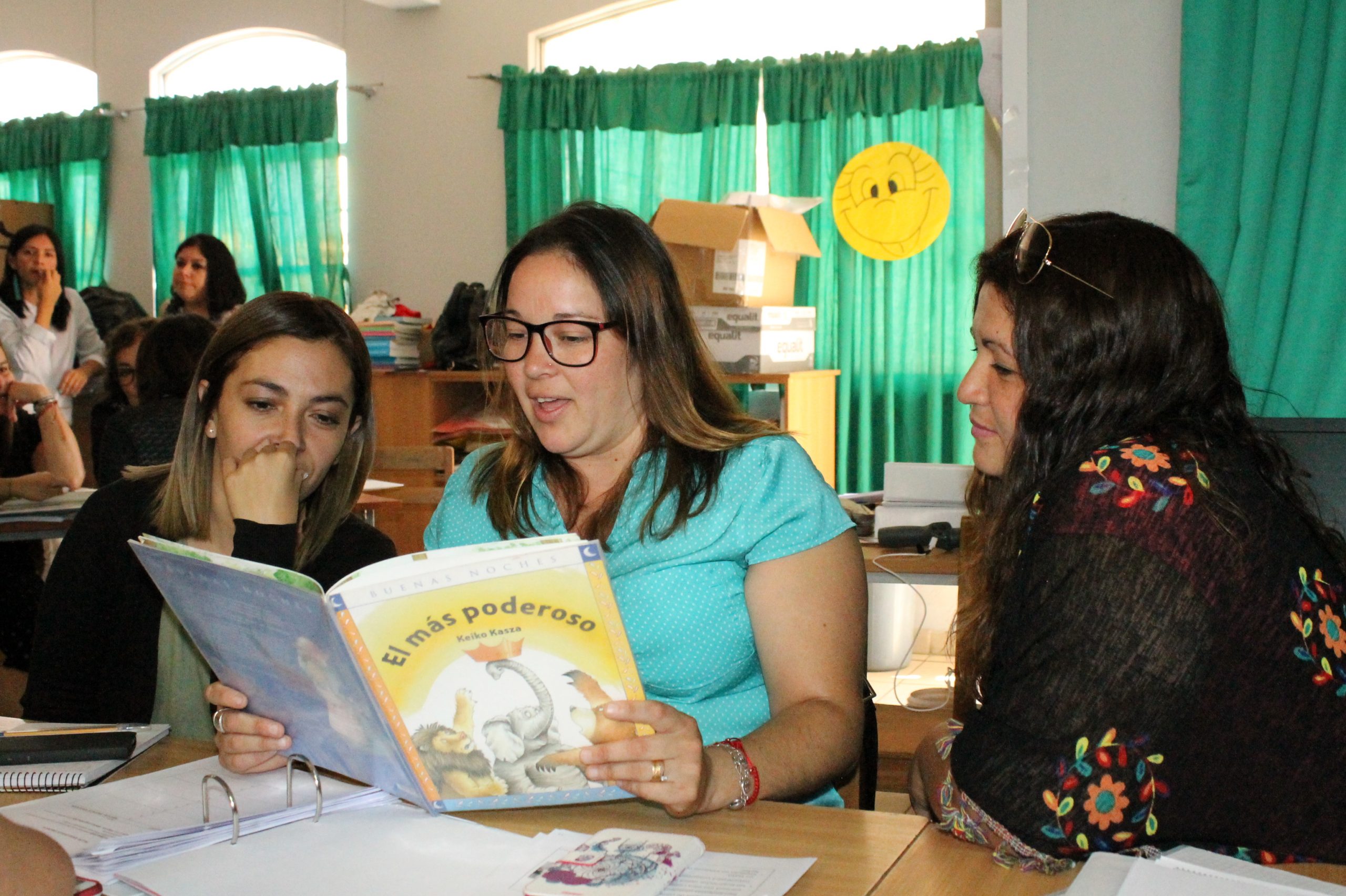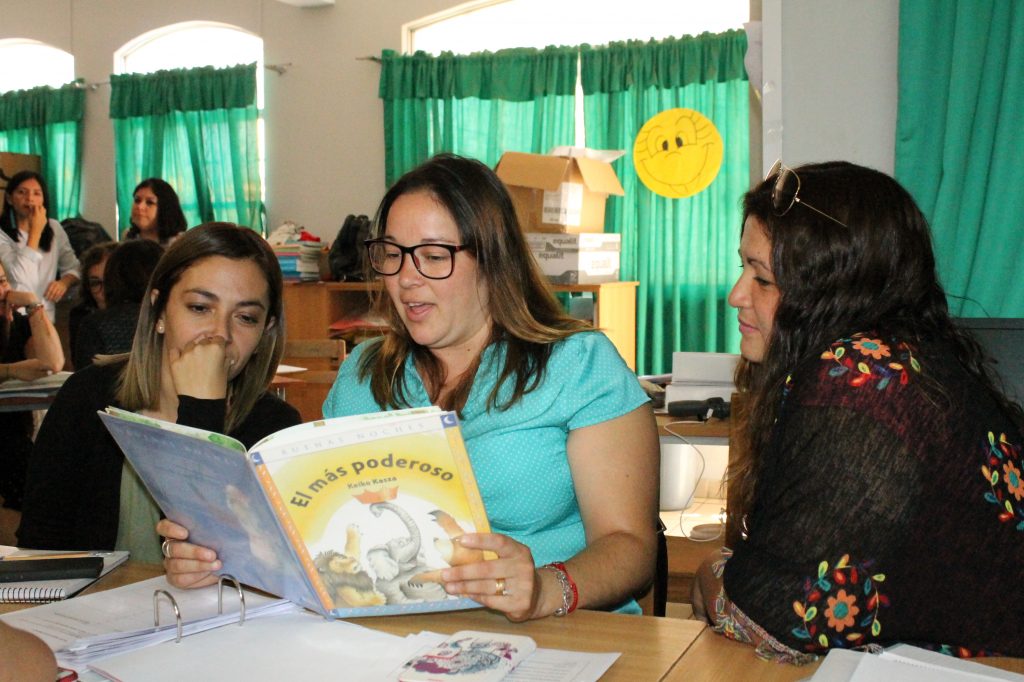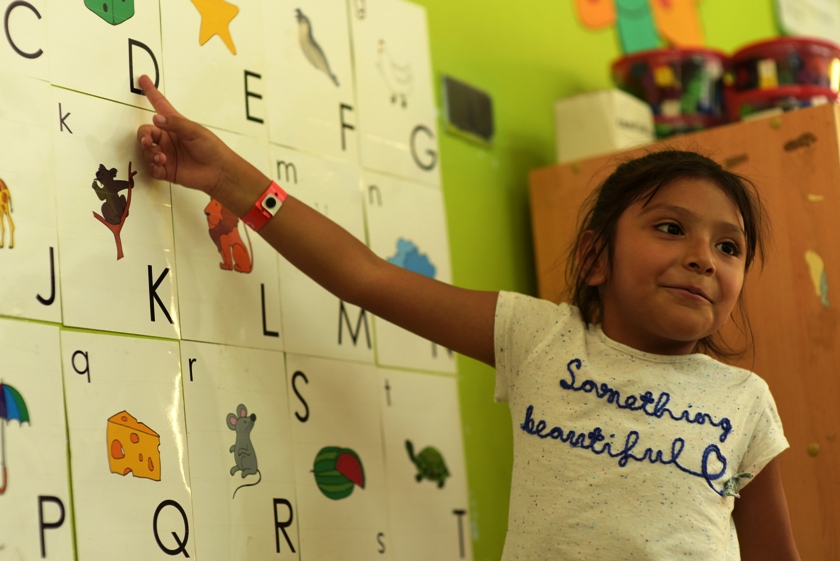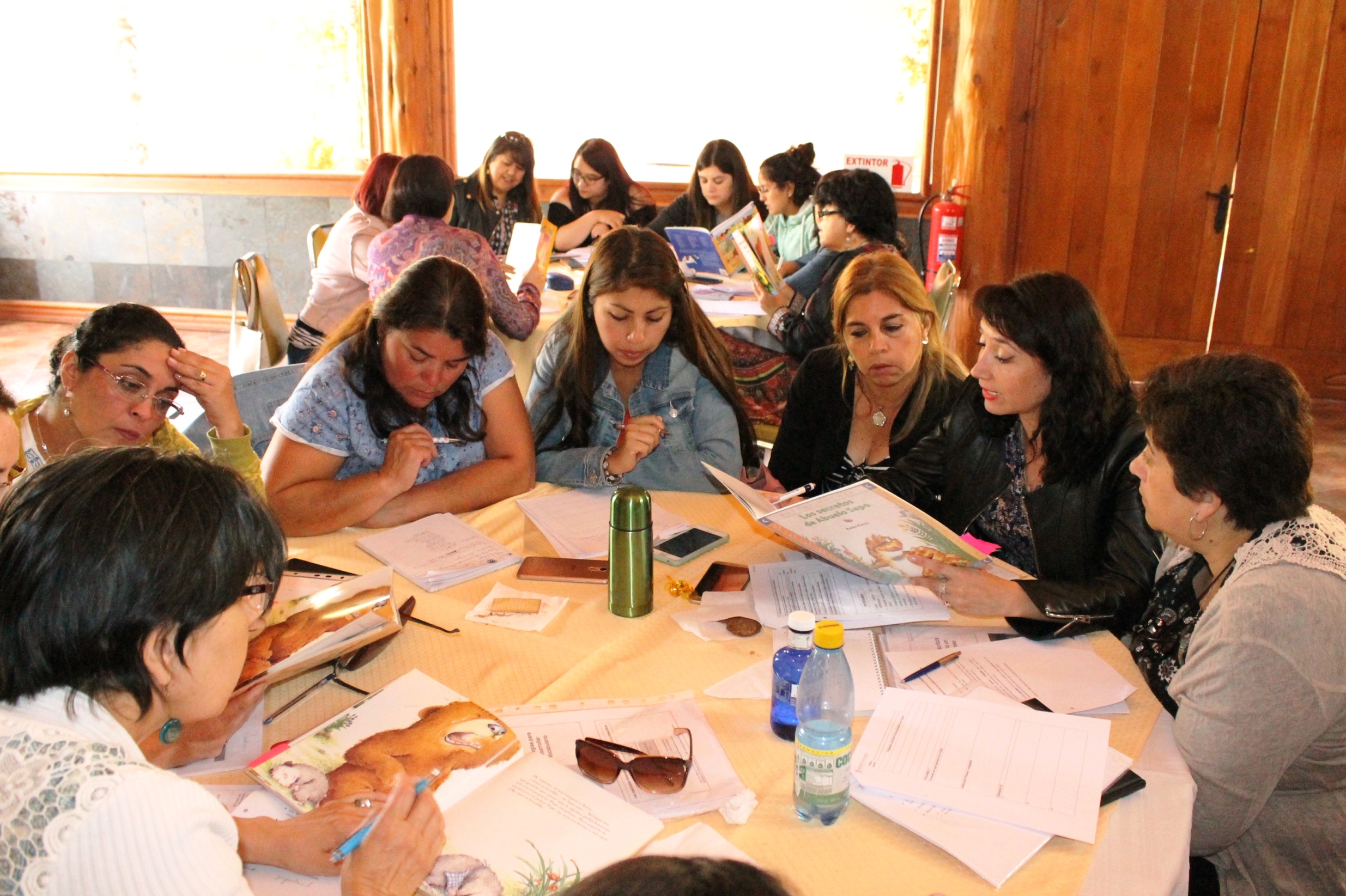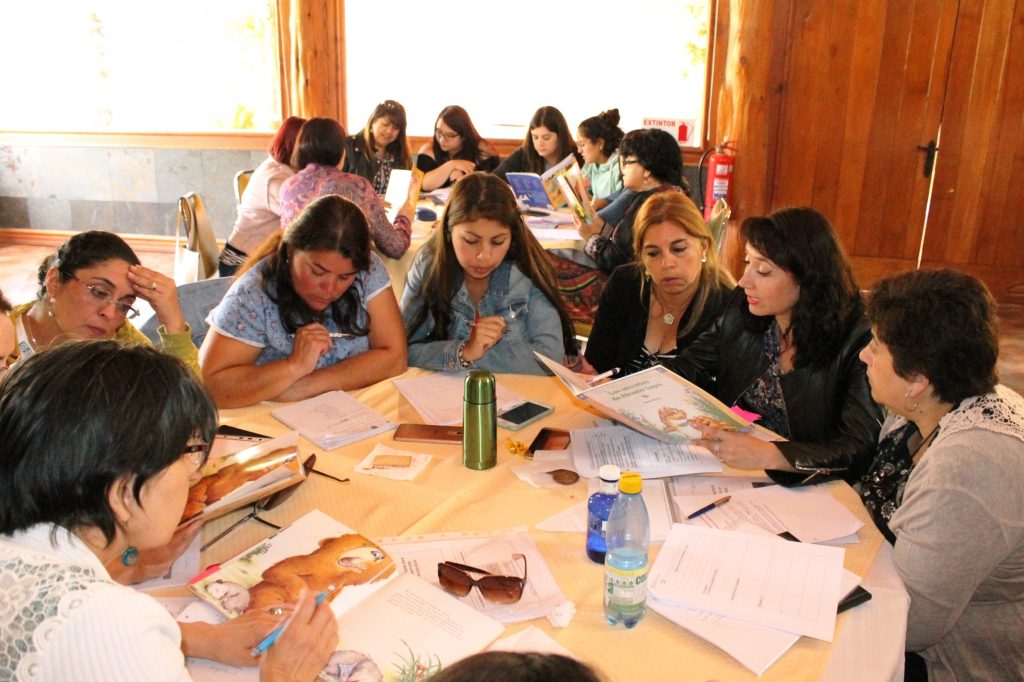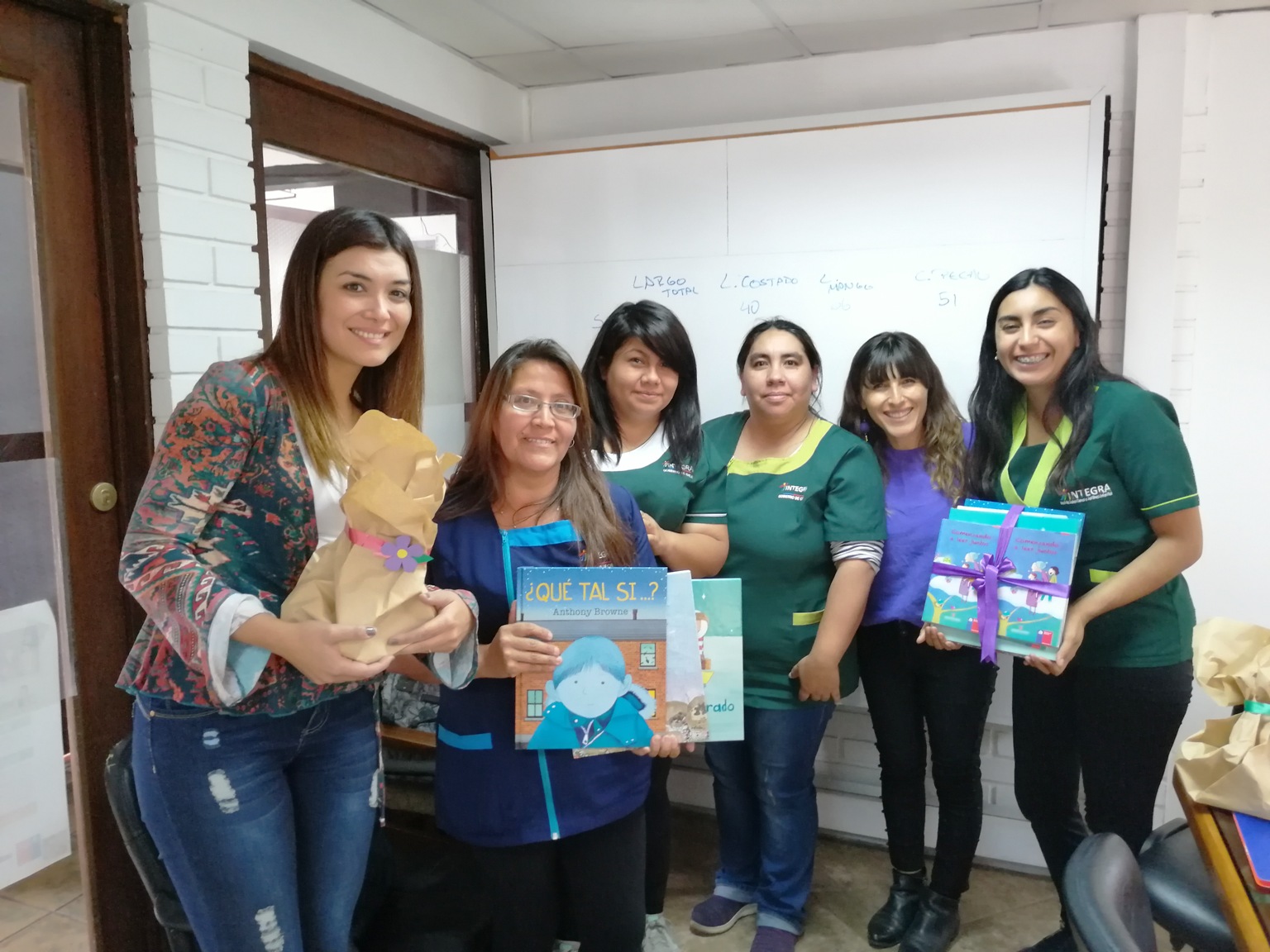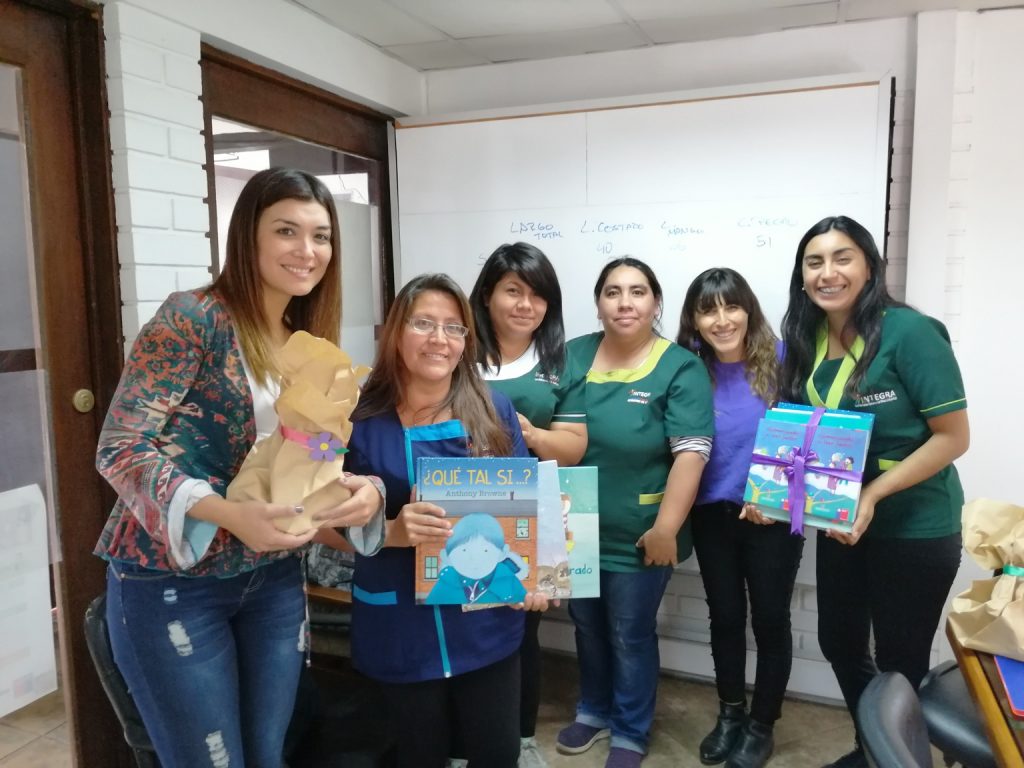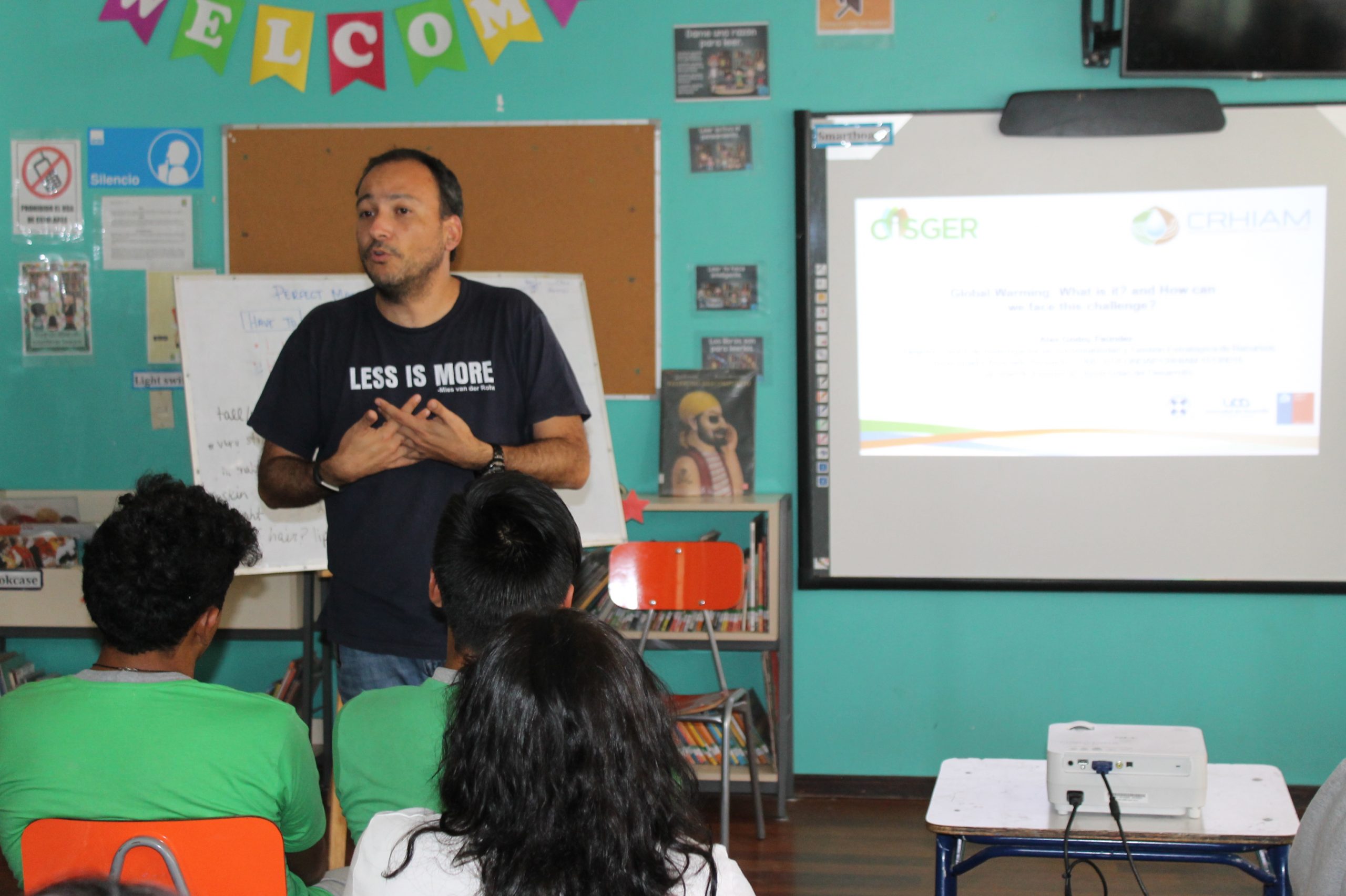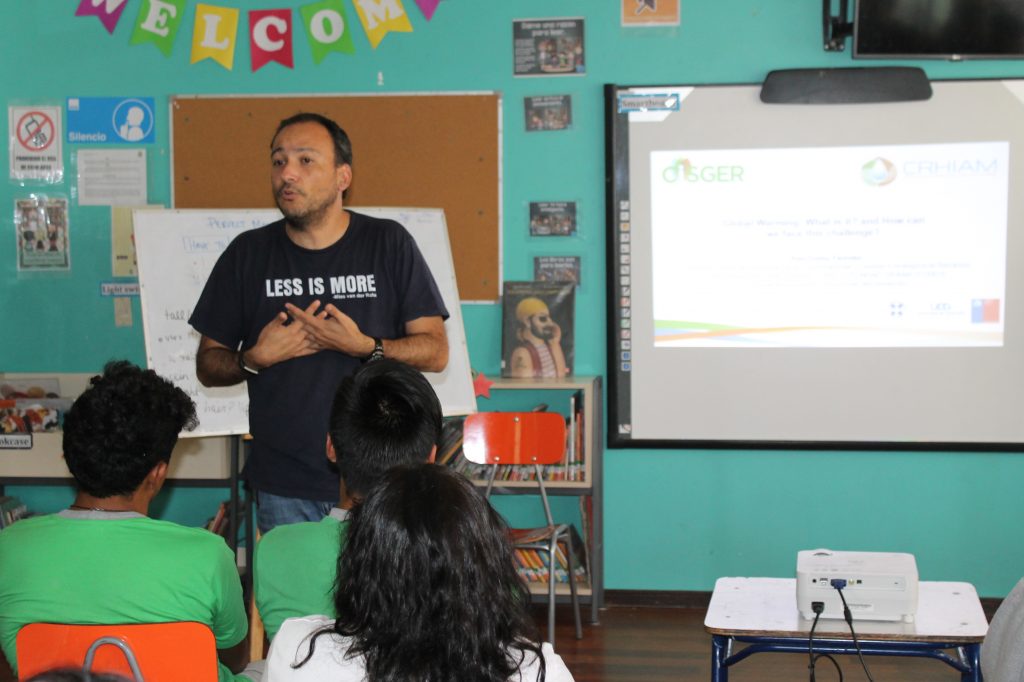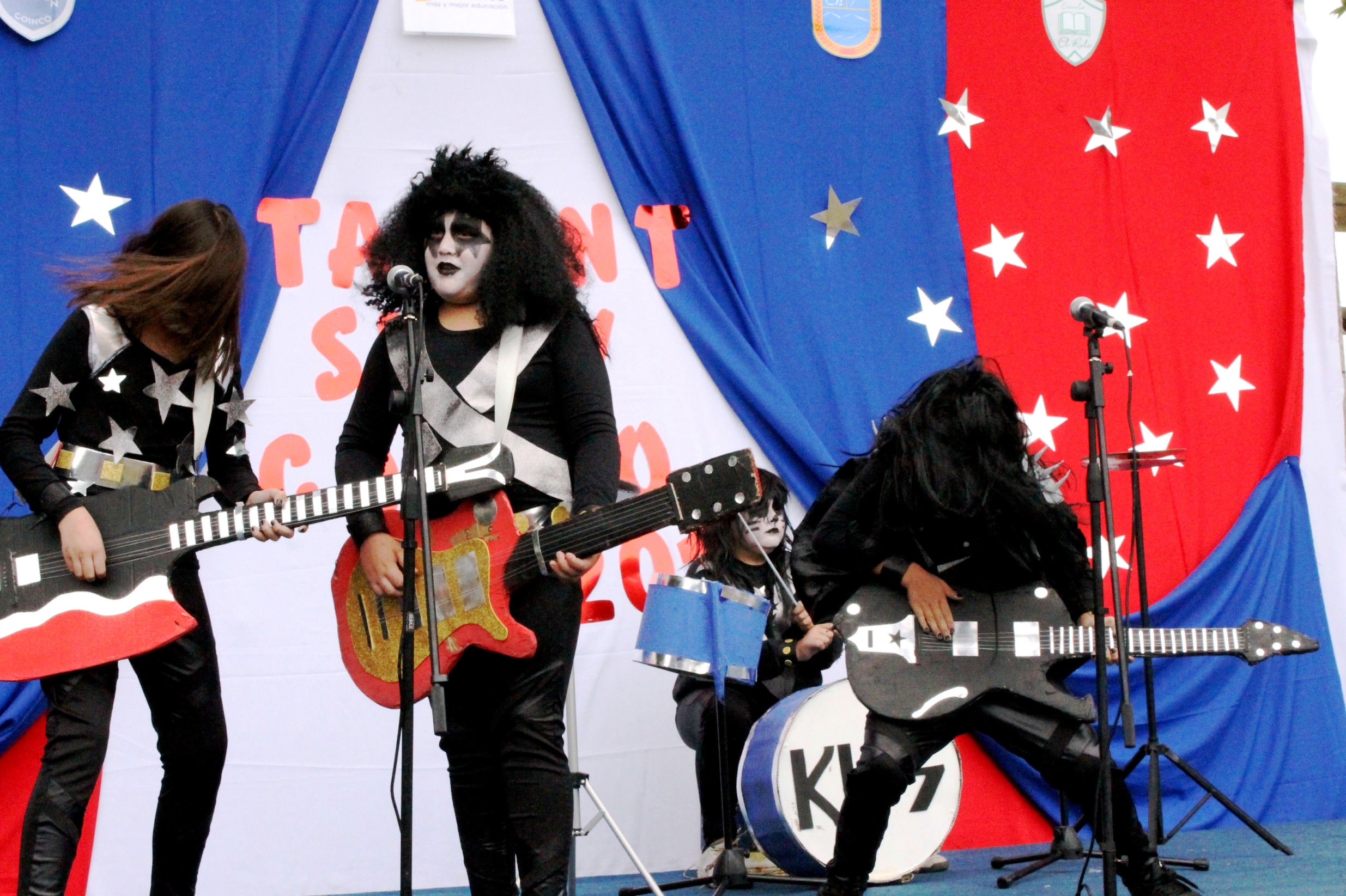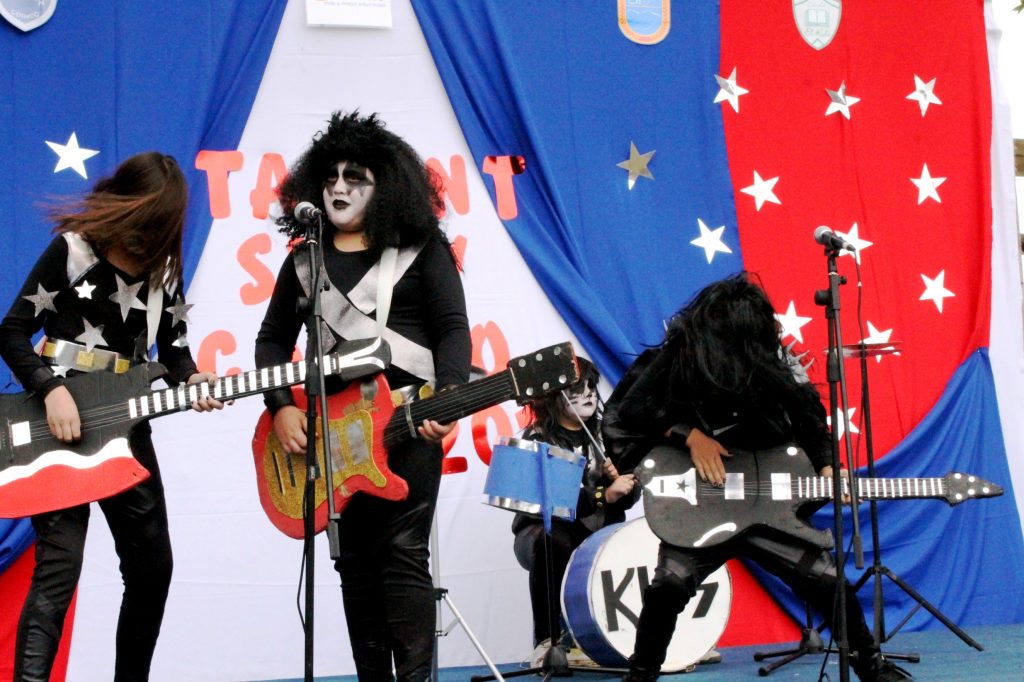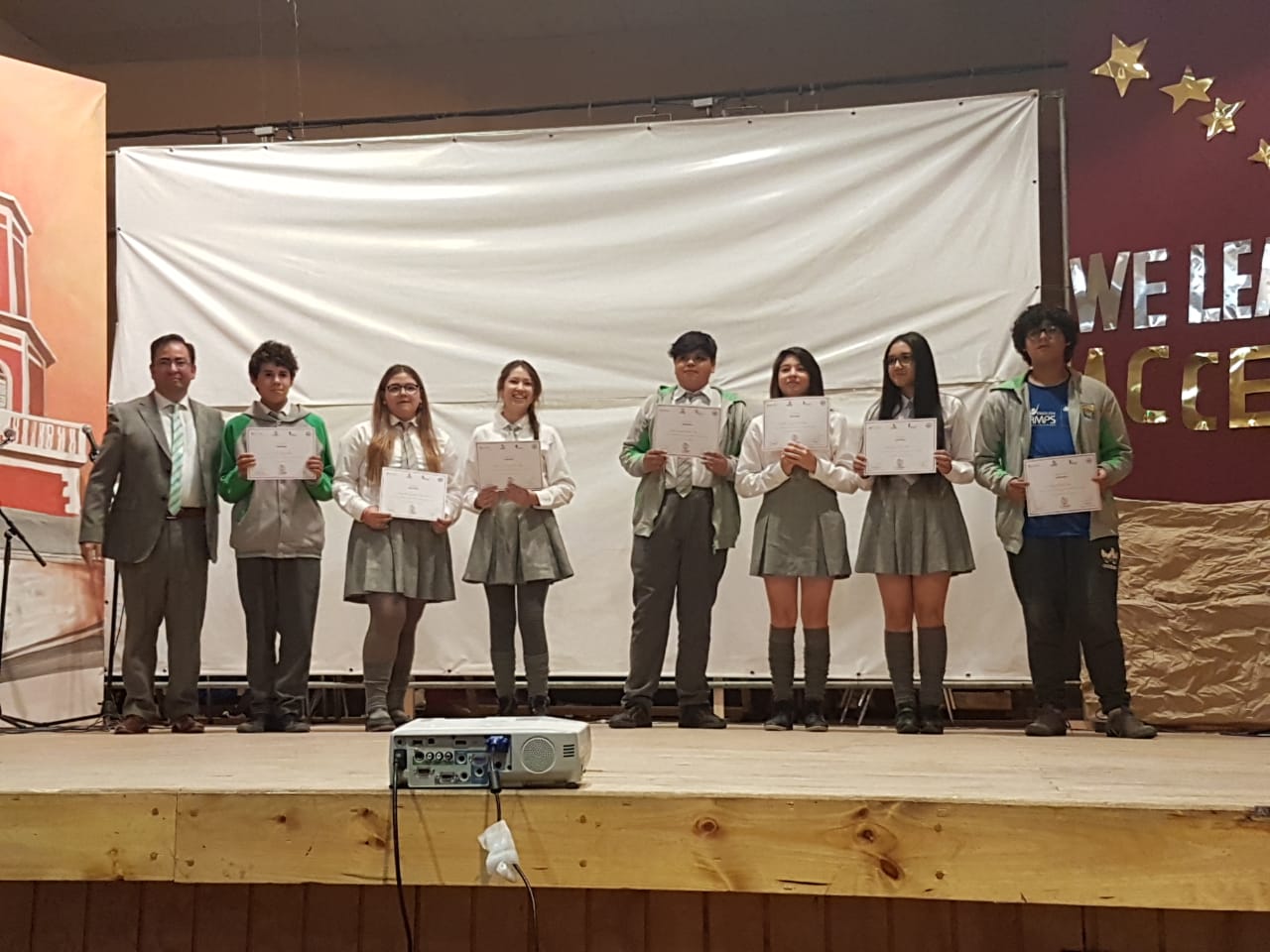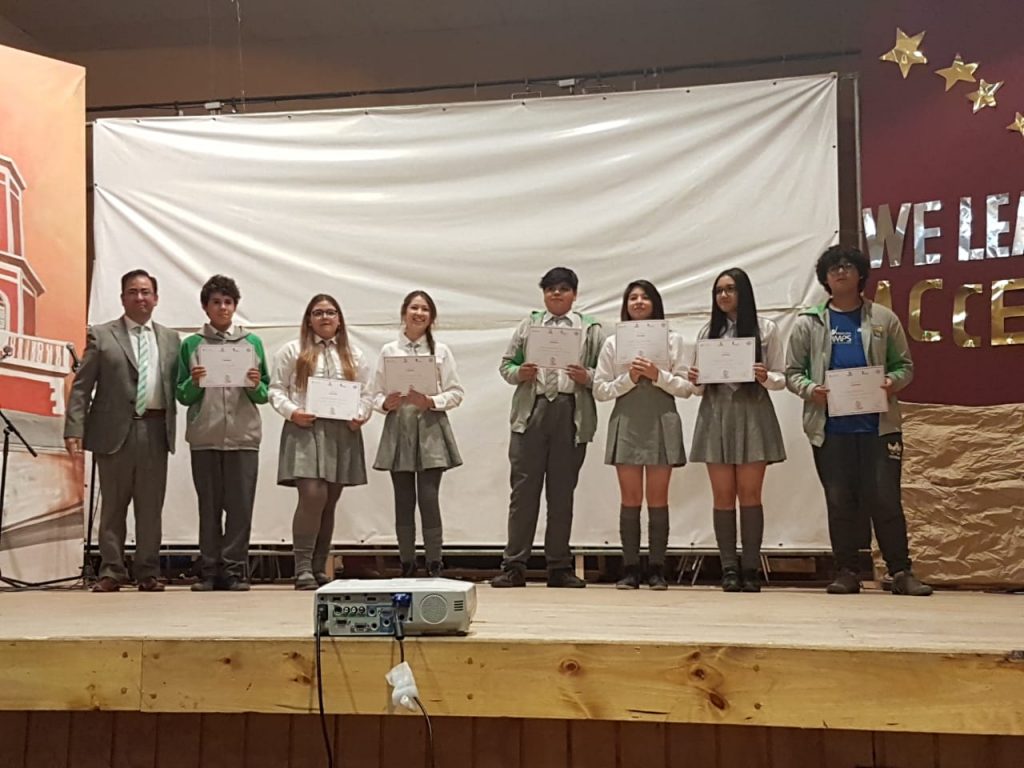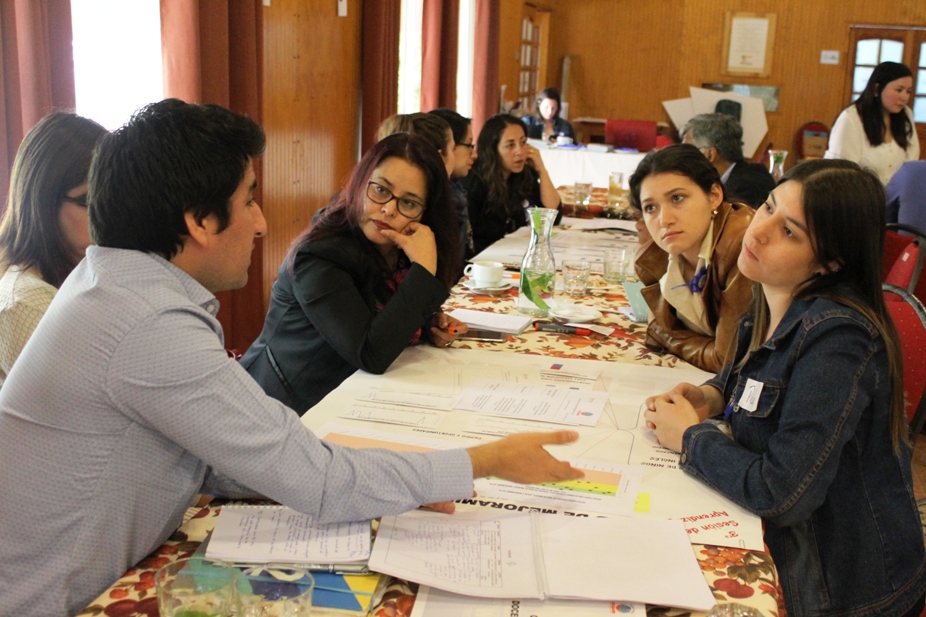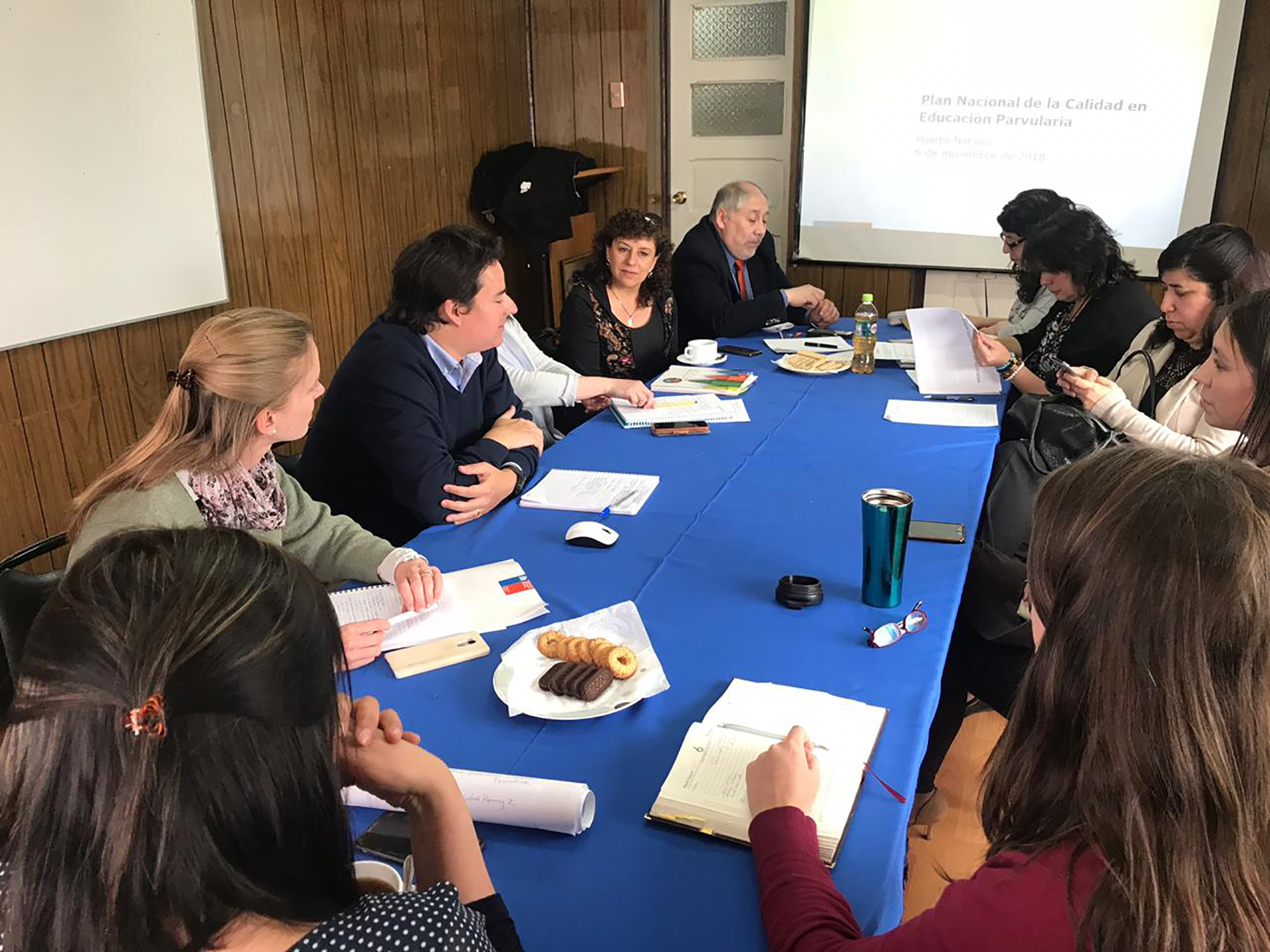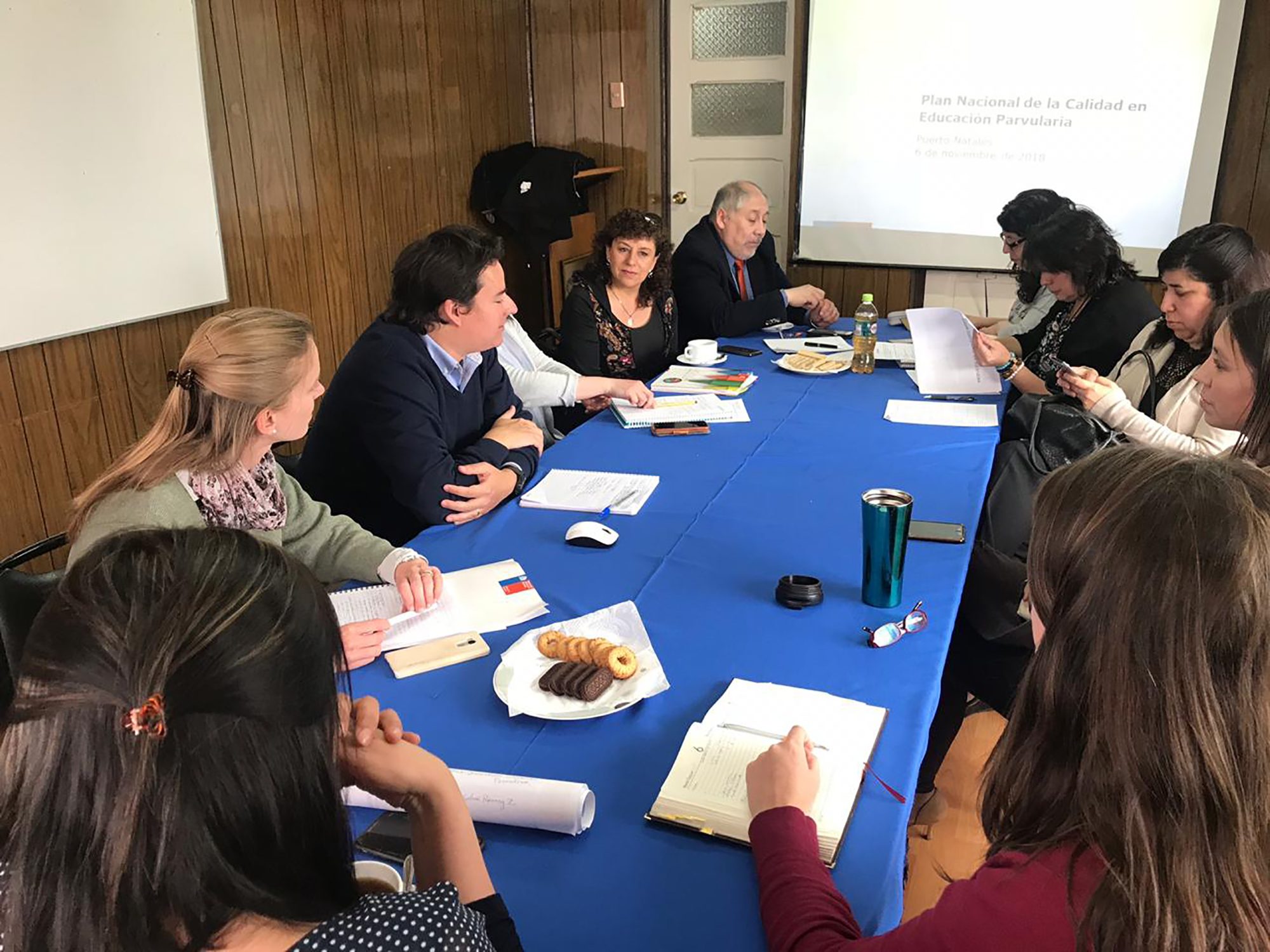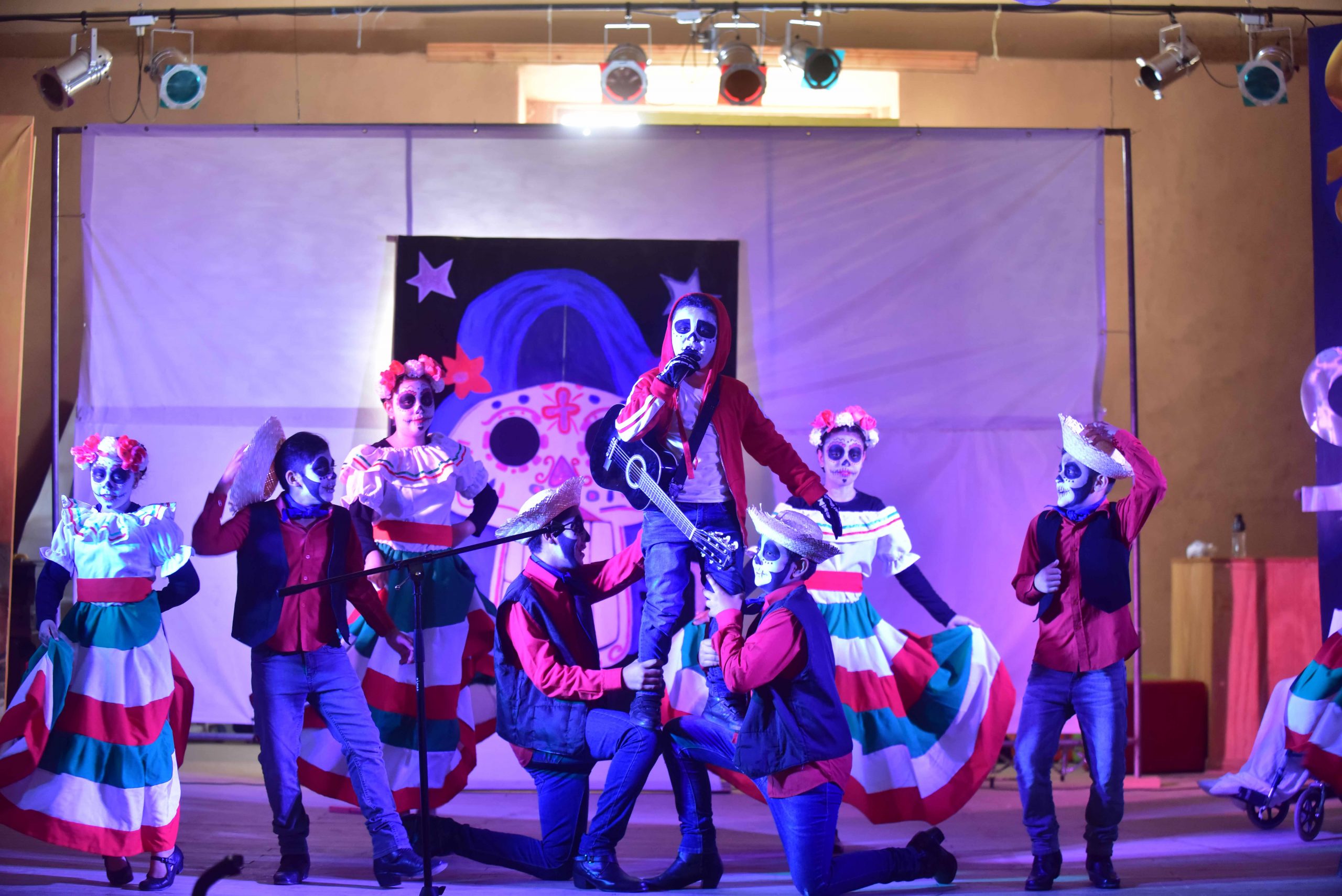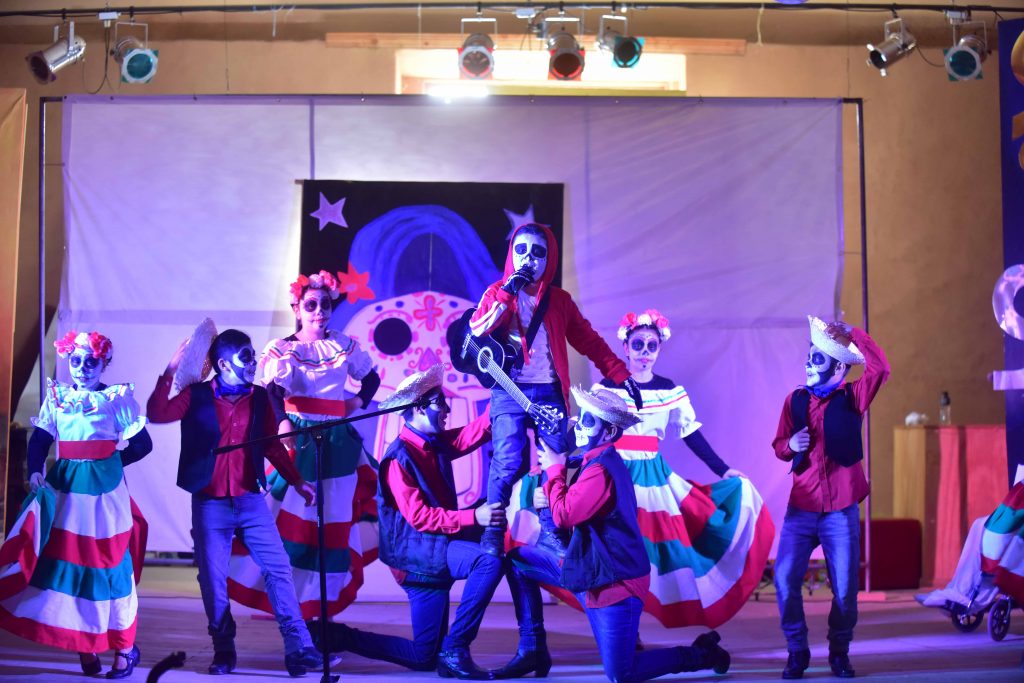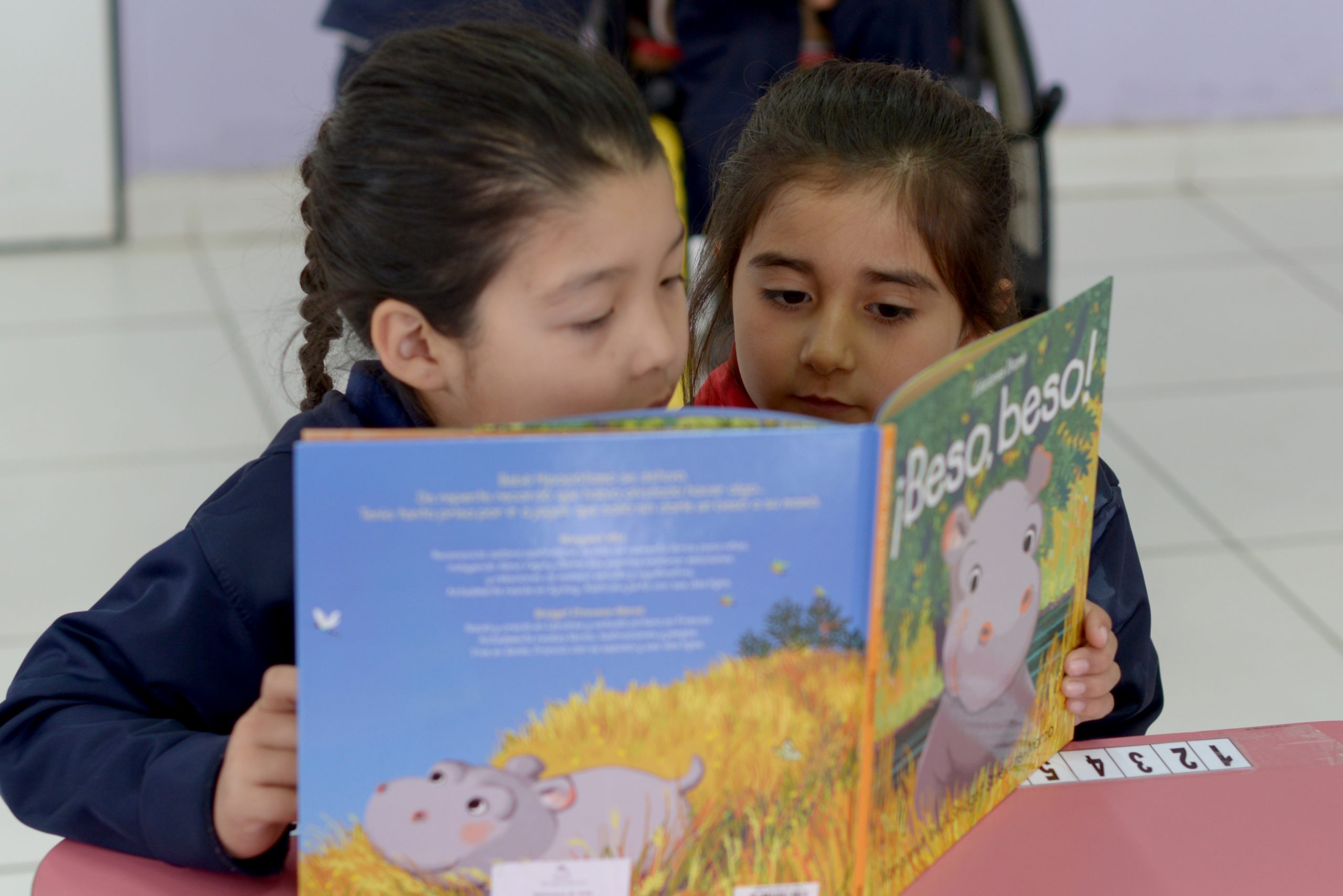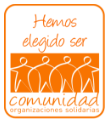
200 education professionals form new learning collaborative with focus on education
After an intense day of work, early childhood educators and technicians, principals and UTP heads of municipal schools and DAEM heads from 6 municipalities formed on Thursday, April 4, a learning partnership to contribute together to improving the quality of early education in our country.
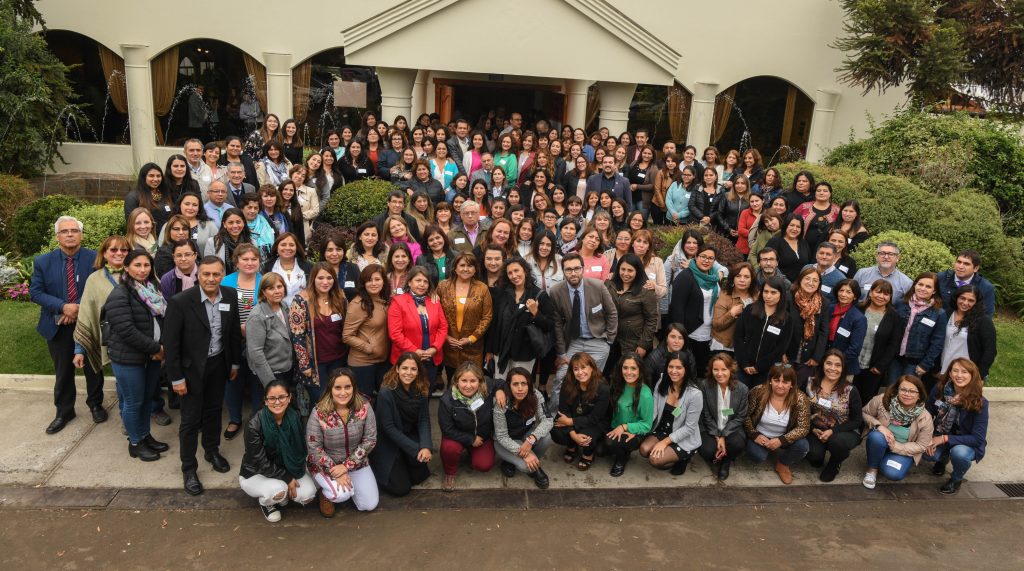
In March of this year, the classroom and management teams of 55 classrooms in 40 schools in six municipalities in the Metropolitan and O'Higgins regions joined Fundación Educacional Oportunidad's professional development program for teachers and managers, Un Buen Comienzo, which supports schools in improving teaching and leadership practices so that children can achieve better socioemotional and language development.
The program is developed intensively for two years in each establishment, during which time the entire educational community participates in instances that allow them to share, reflect and provide feedback on their experiences and results in the classroom through collaborative processes. In this way, the teams learn from each other, recognize good pedagogical and leadership practices, adjusting or eliminating those that do not provide the expected results.
Perla Chávez, director of Un Buen Comienzo, was very happy after finishing this first learning session of the year: "We found a highly motivated group, with high expectations in the program and in what they can learn. Today we have formed a new learning collaboration, whose main focus is to deliver quality learning to their children, with the evidence that in order to improve it is necessary to learn new strategies and work collaboratively. This session leaves us with the conviction that it is possible to generate transcendent changes in early education and that with motivation, will and collaborative work, children can learn more and better".
At the end of the two years of program implementation, the teams will be able to join the Un Buen Comienzo Improvement Network, which is currently made up of 56 schools in 12 municipalities in the O'Higgins Region.

